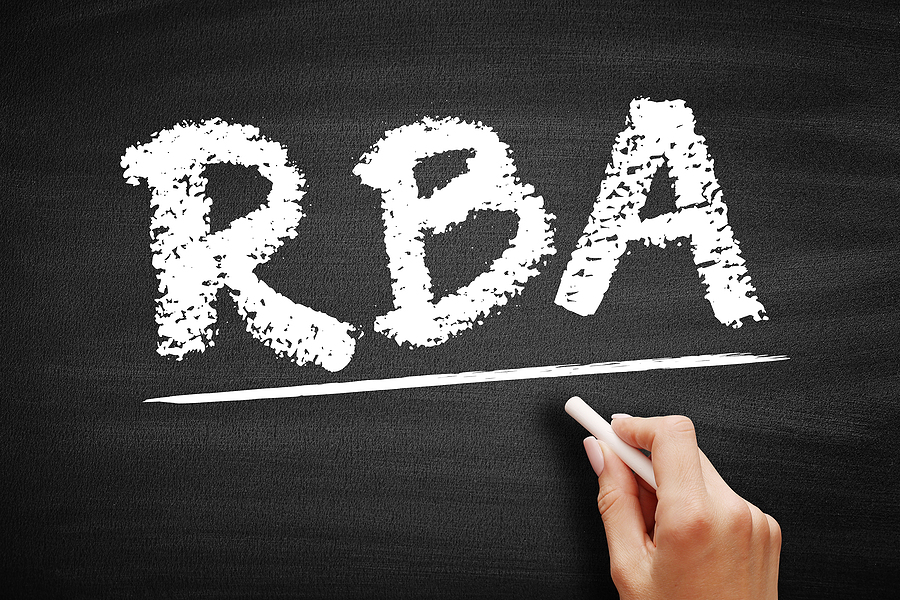The elevated cost of living, higher interest rates and a rising tax take have fed into one of the most difficult years for consumers on record.
The painful squeeze on households as captured by consumer confidence surveys has been recognised by Reserve Bank Governor Michele Bullock, who says its been a “hard year”.
“I’d like to think that we can all take some time to be with our families, and hopefully, things are going to get better next year,” she said when asked for a Christmas message and her thoughts on the economic outlook for 2024.
The Australian economy has been battered by high inflation and a series of interest rate hikes aimed at bringing it down, with tough financial and economic conditions showing up in consumer confidence surveys.
The monthly index from the Westpac-Melbourne Institute Index has recorded its second worst calendar year for sentiment since records began in 1974.
At 82.1 index points, the indicator is still deep in negative territory though surveying in December was more upbeat, especially from respondents captured after the RBA’s decision to keep interest rates on hold at the last meeting.
Westpac senior economist Matthew Hassan said the weak quarterly growth data may also have helped allay fears that a resilient economy would see domestically-driven price pressures continue.
“However, this is small comfort for Australian consumers that have seen incomes come under extraordinary pressure from a surge in the cost of living, sharply higher interest rates and a rising tax take,” he said.
After proving resilient for much of the year, the private sector also appears to be losing steam more convincingly.
A separate business survey from National Australia Bank shows conditions falling to their lowest level since early 2022.
Despite the four point fall to nine index points in November, business conditions remain above average.
NAB chief economist Alan Oster said employment was driving the still-strong business conditions, with both trading and profitability closing in on their long-run averages.
“Forward orders softened and taken together with confidence suggest that businesses expect that conditions will weaken further,” Mr Oster said.
Business confidence as tracked by the survey sunk to its lowest level since 2012, barring the pandemic.
“This month’s outcome suggests that growth in the December quarter is unlikely to improve from the weak outcome in the September quarter national accounts, and while slower growth will eventually see an easing in inflation pressure, this will lag activity,” Mr Oster said.
CreditorWatch chief economist Anneke Thompson said business conditions had been softening over much of the year.
She said the data aligned with findings in her firm’s latest business risk index, which showed the average value of invoices issued in November were now half the value compared to three years’ ago.
“High interest rates, and the expectation from consumers and businesses alike that these will stay high until well into 2024, are causes for concern for both mortgage holders and business owners,” she said.
Poppy Johnston
(Australian Associated Press)





